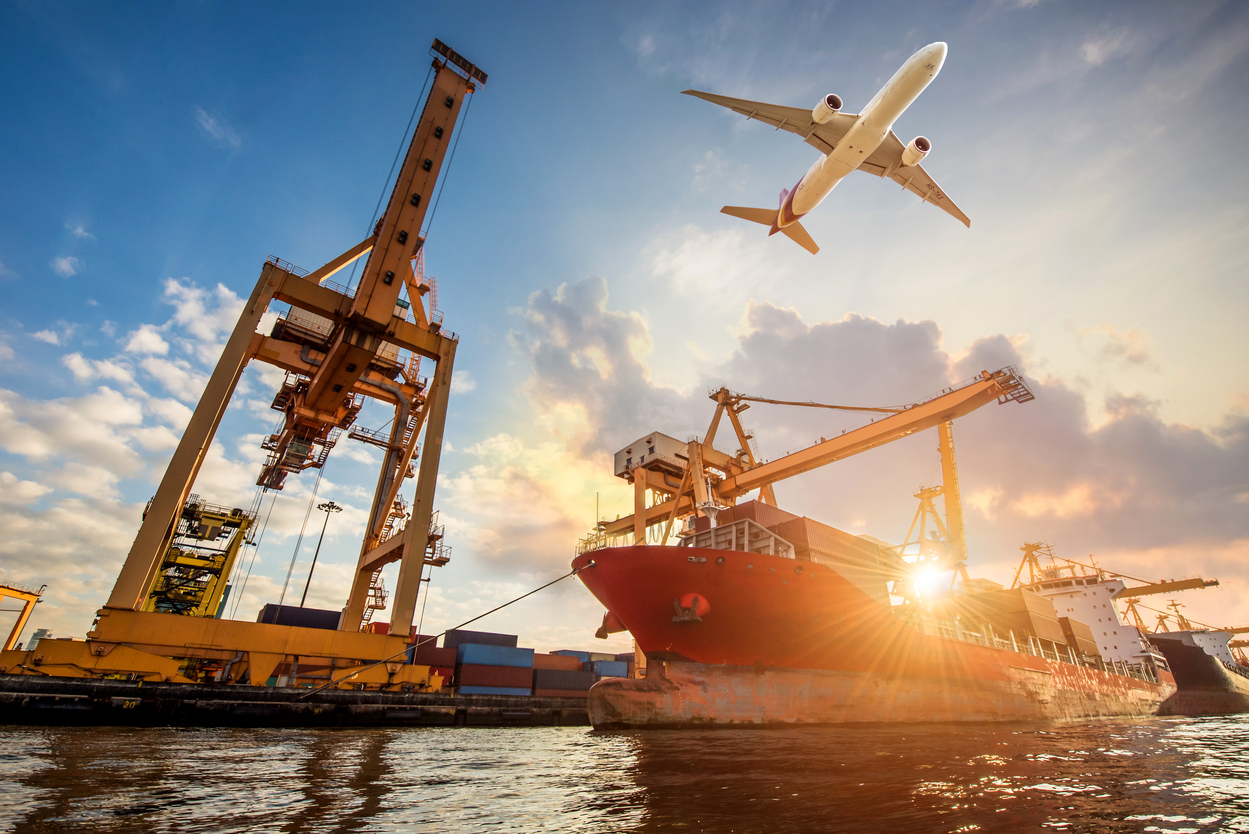
Growing a business through international trade has never been easy. There are many hurdles and barriers to cross. Yet, in recent years it has become much harder. That is, in part, down to global events and deliberate political decisions from governments around the world. By Andrew Griggs, Kreston Reeves
In 2019 and again in 2022, Kreston Reeves surveyed over 600 business owners to understand what those barriers are, how they might have changed, and the measures they would like to see change to make international trade easier. Our survey results were published in a report called ‘Global Britain? A report on the global ambitions of UK businesses.’
Our international network, Kreston Global, has also surveyed 600 business leaders in six countries to better understand the challenges of overseas growth. Its findings were published in a report called ‘Global vision and the ‘Interpreneur’ mindset’.
A UK perspective
The primary concerns for UK businesses looking for growth overseas in 2022 are taxes and duties, tariffs and trade barriers, and the overall cost. They were also primary concerns for businesses in 2019 and are amplified following the UK’s departure from the European Union. They are all arguably a direct result of government policy.
It is interesting to note that in 2019 currency fluctuations were particularly concerning. Our 2022 survey was conducted when Boris Johnson was still our Prime Minister and his position was yet to be challenged. If this survey had been conducted following the ‘mini budget’ on September 23rd by the next Prime Minister and Chancellor and the pressure that was put on the pound, currency fluctuations might have figured a little more prominently.
Constraints to supply chains are understandably of greater concern today than three years ago. That is as a direct result of the Covid pandemic and the conflict in Ukraine. With no immediate end to that conflict in sight, supply chains are likely to remain stressed for months if not years ahead.
The international perspective
Taxes, tariffs and trade barriers have all been erected in the UK as a result of the UK’s decision to leave our largest and closest trading partner. Whilst they are troubling for UK businesses that have enjoyed free trade with our European neighbours for four decades, Kreston Global’s international survey highlights slightly different barriers.
Limited capital is the most pressing concern shared by businesses irrespective of where they are located. Lack of familiarity with local tax, culture and supply chain issues are also seen as key barriers.
It is widely recognised by governments around the world that businesses do need support to grow successfully overseas. The UK government’s Department for International Trade is a good example of how support is channelled to businesses wishing to access overseas markets.
Yet businesses in the UK are equally clear what they want from government to make international trade easier. Over a third (35%) of businesses told us that they want free trade deals, 34% want tax breaks on profits made overseas and 32% told us that they want removal of red tape.
The reality, however, is that international trade is complex and multi-faceted. A coordinated package of support and incentives would be the most effective, requiring government, professional bodies and advisers to work in concert with each other. Having a good team of the right advisers with the right connections is seen as critical irrespective of where a business is based.
The landscape for UK businesses remains incredibly challenging. We know that a lot of uncertainty and instability remains. However, we also know that businesses often look for and find opportunity during challenging times.
It’s during change and challenge that business owners review and refocus their plans. There are some surprising and refreshing views from UK businesses in our findings despite all the challenges they have faced.
81% of the businesses we surveyed already trade internationally and of those that don’t, 38% are currently planning to expand overseas. Businesses are ambitious in their growth plans. Despite the barriers, there is support and guidance available to help you work round or jump over these, whether that’s through professional or trade bodies, your accountants/financial advisers, the Department of International Trade or even other businesses.





